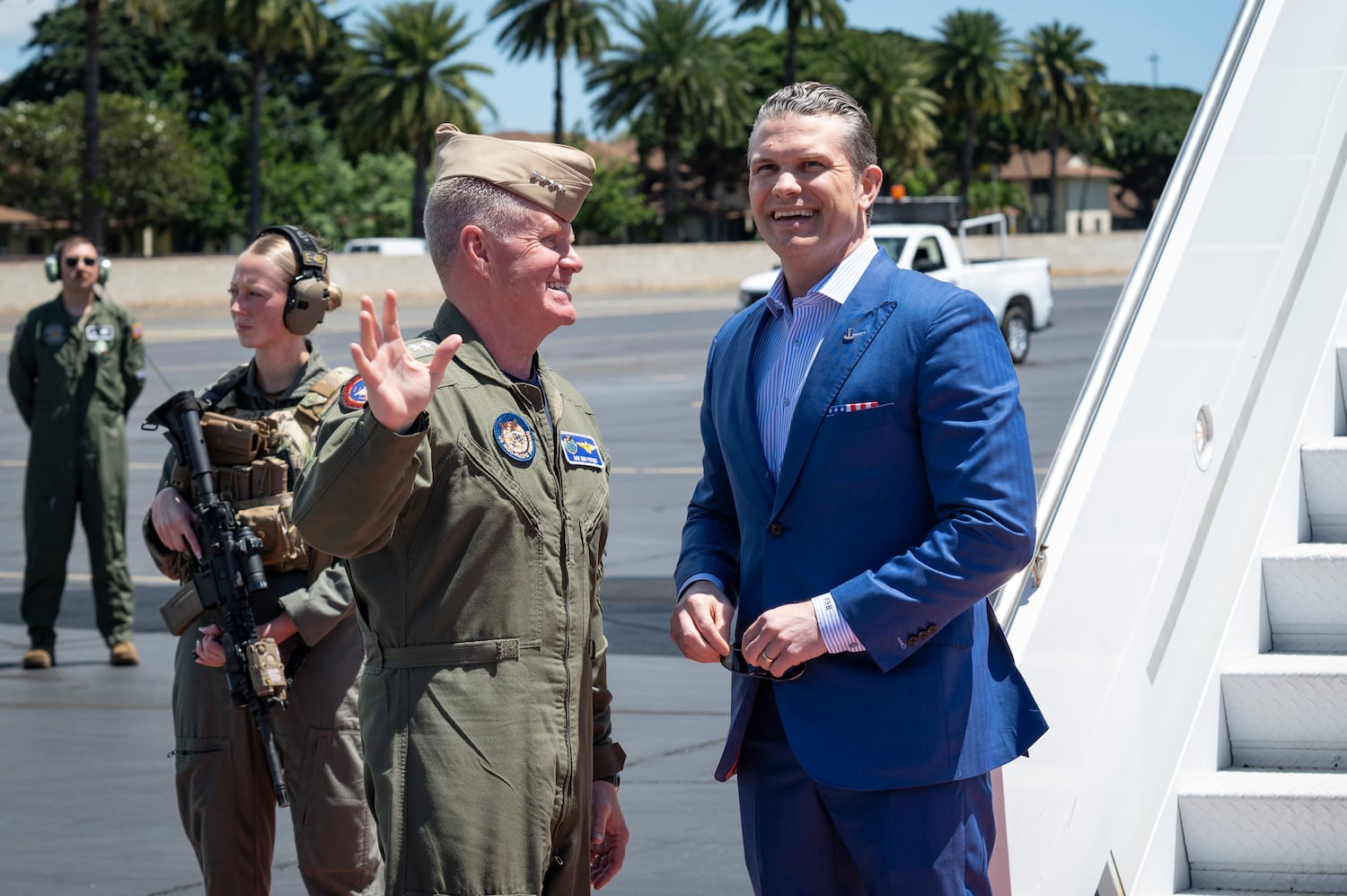General Asim Munir’s Economic Vision: A Strategic Pathway for Pakistan’s Recovery
By Shahid Suleman
Two years ago, skepticism surrounded the economic vision of Pakistan’s Chief of Army Staff (COAS), General Asim Munir, even among his supporters. Many questioned whether immediate progress could be achieved through a focus on agriculture and mineral sectors amidst a severe economic crisis. The scale of the challenge seemed daunting to those who doubted the feasibility of transformative changes within these sectors. However, the formation of the Special Investment Facilitation Council (SIFC) was a crucial strategic move aimed at securing both immediate and long-term projects. Pakistan has historically been hindered by a culture of adhocism, where short-term gains for the government often took precedence over sustainable, state-centric policies. Such a short-sighted approach perpetuated a cycle of reactive crisis management, undermining efforts at structural reform.
In contrast to traditional approaches, General Asim Munir’s vision reflects a clear understanding of Pakistan’s economic complexities and the need for comprehensive planning. His emphasis on strategic initiatives, particularly in agriculture and mineral exploitation, marks a significant departure from the dependency on external support, notably from the International Monetary Fund (IMF). This new vision focuses on harnessing indigenous resources, aiming to foster self-reliance and resilience in the face of external economic pressures. The COAS’s economic blueprint signifies a proactive shift towards addressing Pakistan’s economic vulnerabilities, rather than merely reacting to crises as they arise. One of the most promising aspects of General Munir’s strategy is the agricultural roadmap, which has already garnered the support of key stakeholders and a growing segment of the population. There is a widespread recognition that Pakistan is fundamentally an agricultural country. While previous governments have routinely announced agricultural packages, these efforts have often lacked the integrated approach necessary for sustainable growth. General Munir’s plan, however, aims to transform the agricultural sector by implementing comprehensive policies that integrate modern agro-farming practices and the efficient use of resources.
According to the World Food Programme, 36.9% of Pakistan’s population faces food insecurity, with 18.3% experiencing severe crises. The wheat crisis, in particular, has become critical, with national demand reaching 30.8 million metric tons (MMT). Recognizing these challenges, General Munir has spearheaded initiatives focused on expanding modern agricultural practices, specifically targeting the use of over 9 million hectares of uncultivated state land. This ambitious goal reflects a departure from previous fragmented approaches, emphasizing the need for long-term planning and the efficient utilization of state resources. General Munir’s commitment to agricultural reform and economic stability has been met with widespread public approval. Approximately 95% of the population has expressed satisfaction with his performance, recognizing the impact of his policies on stabilizing the national economy. Under his leadership, the Pakistani Rupee has shown signs of stabilization, curbing the rapid depreciation against the US dollar. This achievement, while difficult to sustain amidst external pressures, underscores the effectiveness of his interventions in mitigating the immediate economic crisis.
The COAS’s clarity of purpose extends beyond economic initiatives. His unequivocal stance on key issues such as corporate farming demonstrates his commitment to aligning military efforts with the nation’s broader development agenda. When confronted with concerns about the balance between corporate interests and the needs of small-scale farmers, General Munir made it clear that the military’s relationship with the public is rooted in mutual respect and a shared commitment to national progress. His vision includes expanding the agricultural system from the current 22,500 acres to 100,000 acres within five years and extending the scope of the Green Initiative nationwide. General Munir’s contributions are not confined to the economic domain. His efforts to reinforce the rule of law and combat crime have played a crucial role in creating a conducive environment for economic reform. The restoration of law and order is often a prerequisite for economic development, as it fosters investor confidence and ensures the stability necessary for long-term growth. General Munir’s ability to enforce regulations and maintain social stability has been a key factor in the successful implementation of his economic vision.
General Asim Munir’s economic vision represents a strategic reorientation of Pakistan’s policy framework towards sustainable development and self-reliance. His focus on agriculture and resource management, combined with efforts to enforce law and order, highlights a holistic approach to addressing Pakistan’s economic challenges. The establishment of the SIFC, the promotion of modern agricultural practices, and the expansion of the Green Initiative are reflective of a comprehensive plan that seeks to leverage Pakistan’s strengths while addressing its vulnerabilities. By prioritizing long-term stability over short-term gains, General Munir has redefined the role of the military in national development. His leadership is characterized by a commitment to public service and a clear vision for economic recovery. As Pakistan navigates its way through a period of uncertainty, General Asim Munir’s strategic foresight and dedication to national progress offer a pathway towards economic resilience and sustainable growth.
Report: Shahid Suleman
This article has been sourced from various publicly available news platforms around the world. All intellectual property rights remain with the original publishers and authors. Unshared News does not claim ownership of the content and provides it solely for informational and educational purposes voluntarily. If you are the rightful owner and believe this content has been used improperly, please contact us for prompt removal or correction.












